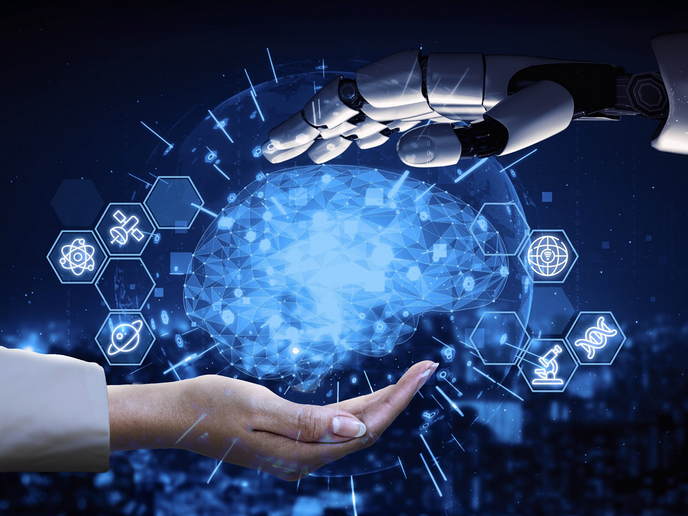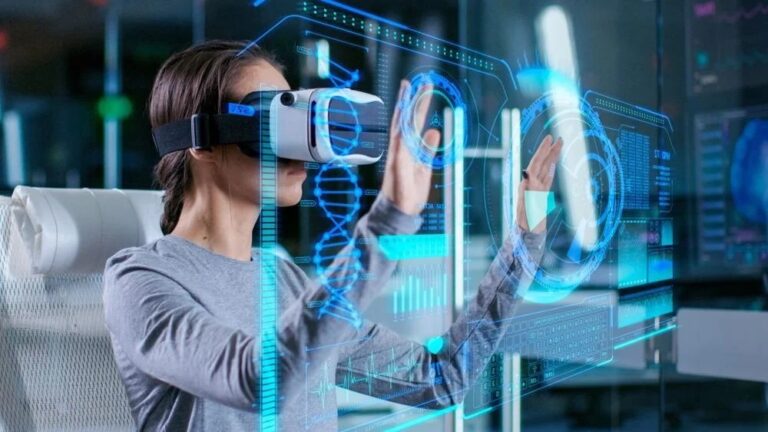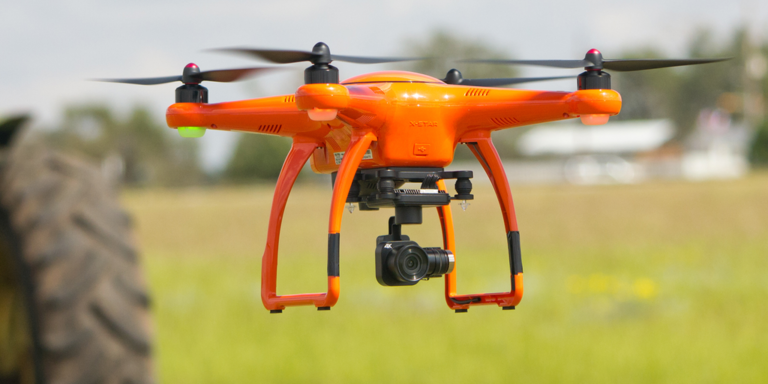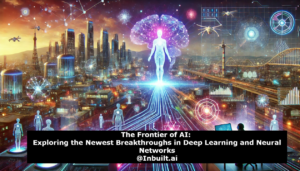The capabilities of deep learning continue to grow, permeating various fields and industries with profound impacts. Here, we explore additional areas where deep learning is driving significant advancements and creating new opportunities.
Deep Learning in Cybersecurity
- Threat Detection:
- Anomaly Detection: Deep learning models identify unusual patterns and behaviors in network traffic, emails, and system activities, detecting potential cybersecurity threats and vulnerabilities.
- Malware Analysis: AI analyzes files and software behaviors to detect and classify malware, enhancing the ability to prevent, mitigate, and respond to cyber attacks.
- Automated Response:
- Incident Response: Deep learning automates the response to cybersecurity incidents by analyzing threats and executing predefined actions, reducing response times and minimizing damage.
- Security Analytics: AI-driven analytics provide real-time insights and reports on security status, helping organizations stay ahead of potential threats and vulnerabilities.
Deep Learning in Art and Creativity
- Generative Art:
- AI-Generated Art: Deep learning models like GANs (Generative Adversarial Networks) create original artworks, from paintings to music compositions, pushing the boundaries of creative expression.
- Style Transfer: AI techniques enable artists to apply the style of one artwork to another, creating unique and innovative pieces that blend different artistic influences.
- Creative Writing:
- Story Generation: Deep learning models like GPT (Generative Pre-trained Transformer) generate stories, poems, and scripts, assisting writers with creative ideas and inspiration.
- Content Augmentation: AI helps writers enhance their work by suggesting improvements, generating dialogue, and providing stylistic recommendations.
Deep Learning in Real Estate
- Property Valuation:
- Market Analysis: Deep learning models analyze market trends, historical data, and economic indicators to provide accurate property valuations, aiding buyers, sellers, and investors.
- Price Prediction: AI predicts future property prices by considering factors such as location, amenities, and market conditions, helping stakeholders make informed decisions.
- Smart Property Management:
- Tenant Screening: Deep learning models analyze tenant applications and credit histories to assess risk and identify suitable candidates, improving tenant selection processes.
- Maintenance Scheduling: AI optimizes maintenance schedules by predicting equipment failures and managing repair tasks, ensuring properties are well-maintained and reducing downtime.
Deep Learning in Energy Sector
- Renewable Energy Management:
- Energy Forecasting: Deep learning models predict energy production from renewable sources like wind and solar by analyzing weather patterns and historical data, improving grid stability and efficiency.
- Smart Grid Optimization: AI enhances the management of smart grids by balancing supply and demand, detecting faults, and optimizing energy distribution, reducing waste and improving reliability.
- Energy Efficiency:
- Building Energy Management: Deep learning models analyze data from building sensors to optimize heating, cooling, and lighting systems, reducing energy consumption and costs.
- Industrial Process Optimization: AI optimizes industrial processes by predicting energy needs, managing resources, and identifying efficiency improvements, lowering operational costs and environmental impact.
Deep Learning in Manufacturing
- Predictive Maintenance:
- Equipment Monitoring: Deep learning models analyze sensor data from manufacturing equipment to predict failures and schedule maintenance, reducing downtime and extending equipment lifespan.
- Quality Control: AI enhances quality control by inspecting products and identifying defects in real-time, ensuring high standards and reducing waste.
- Production Optimization:
- Process Automation: Deep learning automates complex manufacturing processes, optimizing workflows, reducing errors, and increasing productivity.
- Supply Chain Management: AI improves supply chain efficiency by predicting demand, optimizing inventory, and managing logistics, ensuring timely delivery and reducing costs.
Deep Learning in Human Resources
- Talent Acquisition:
- Resume Screening: Deep learning models analyze resumes and job applications to identify suitable candidates, streamlining the hiring process and reducing bias.
- Employee Onboarding: AI enhances onboarding by providing personalized training and resources, helping new employees integrate quickly and effectively.
- Employee Engagement:
- Sentiment Analysis: Deep learning models analyze employee feedback and communication to gauge sentiment and identify areas for improvement, enhancing workplace culture and satisfaction.
- Performance Management: AI assists in performance management by tracking employee progress, identifying strengths and weaknesses, and providing personalized development plans.
Deep Learning in Retail
- Customer Experience:
- Personalized Shopping: Deep learning models analyze customer preferences and behavior to provide personalized product recommendations and shopping experiences, increasing customer satisfaction and sales.
- Virtual Assistants: AI-powered virtual assistants help customers with product inquiries, recommendations, and support, enhancing the overall shopping experience.
- Inventory Management:
- Demand Forecasting: Deep learning predicts product demand by analyzing sales data, market trends, and customer behavior, optimizing inventory levels and reducing stockouts.
- Supply Chain Optimization: AI improves supply chain operations by predicting disruptions, optimizing logistics, and ensuring timely restocking of products.
Deep Learning in Telecommunications
- Network Optimization:
- Signal Processing: Deep learning enhances signal processing by reducing noise, correcting errors, and improving data transmission quality, ensuring reliable communication.
- Capacity Management: AI predicts network traffic patterns and optimizes capacity, preventing congestion and ensuring high-quality service for users.
- Customer Service:
- Chatbots and Virtual Assistants: AI-powered chatbots provide instant support to customers, handling inquiries, troubleshooting issues, and improving customer satisfaction.
- Sentiment Analysis: Deep learning models analyze customer interactions to gauge sentiment and identify areas for service improvement, enhancing customer loyalty and experience.
Deep Learning in Urban Planning
- Smart City Development:
- Infrastructure Planning: Deep learning models analyze data on traffic, population growth, and environmental impact to optimize urban infrastructure development, ensuring sustainable and efficient cities.
- Resource Management: AI helps manage city resources, such as water, electricity, and waste, by predicting demand and optimizing distribution, improving sustainability and quality of life.
- Public Transportation:
- Route Optimization: Deep learning models optimize public transportation routes and schedules by analyzing traffic data, passenger demand, and environmental impact, improving efficiency and reducing congestion.
- Passenger Experience: AI enhances the passenger experience by providing real-time updates, personalized recommendations, and seamless integration with other modes of transport.
Conclusion
The potential of deep learning to revolutionize industries and improve our lives is vast and continually expanding. As we continue to explore and innovate, the key to harnessing the full power of deep learning lies in collaboration, ethical considerations, and a commitment to inclusivity and sustainability. By embracing these principles, we can ensure that deep learning not only drives technological advancements but also contributes to a more equitable, efficient, and prosperous world for all.





+ There are no comments
Add yours